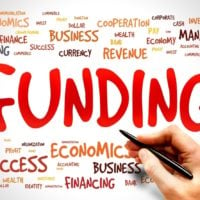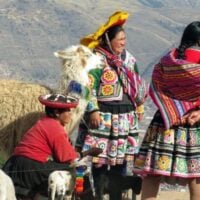Deadline: 27-Aug-2025
The United Nations Children’s Fund has launched a call for expressions of interest to improve access to in-person Early Childhood Education and Care (ECEC) and ensure continuity of early learning for young children in frontline regions of Ukraine.
The focus is on early childhood development, education in emergencies, expanded access to opportunities to quality, in-person early learning for 9,000 young children (3 to 6 years old), strengthened capacity of preschool teachers on social-emotional learning (SEL) and mental health and psychosocial support (MHPSS), improved capacity of parents to support their children’s development and well-being at home, and advocacy with local education authorities to resume quality, in-person early learning for young children in safe spaces.
The initiative responds to the devastating impact of the ongoing war in Ukraine, which has destroyed or damaged over a thousand preschool facilities and left nearly half of young children without access to ECEC services. Displacement, the absence of shelters, and continued air alerts have made in-person preschool activities largely inaccessible in many frontline areas. This has caused profound developmental and learning delays among young children, with 83% showing gaps in social and emotional learning.
To address these challenges, UNICEF and the Ministry of Education and Science of Ukraine have introduced the “2 by 2” emergency programme, which provides biweekly, two-hour classes in safe community spaces equipped with shelters. These sessions prioritize social-emotional learning, mental health, and play, while also offering monthly parenting sessions to empower families in supporting children’s learning at home.
The 2025–2026 phase aims to reach 9,000 children across eight frontline oblasts, supported by 600 trained teachers. Activities include establishing 600 child-friendly safe spaces, revising and implementing the “2 by 2” curriculum, training both experienced and new teachers, organizing parent sessions, and conducting advocacy and capacity-building with local authorities. The programme also contributes to gender equality and inclusive education, ensuring that every child has equal opportunities to learn and thrive.
For more information, visit UN Partner Portal.









































